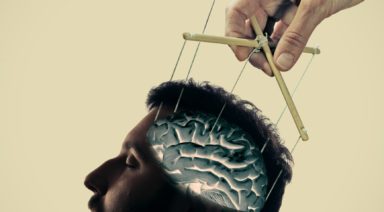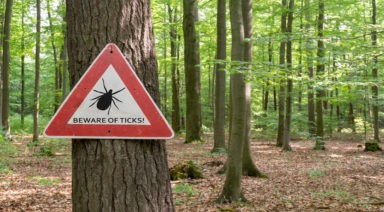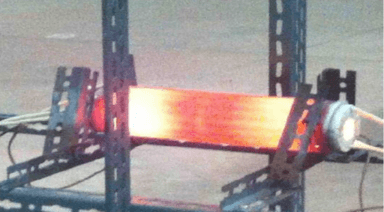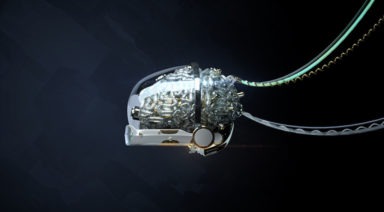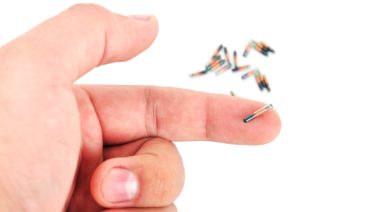This Autonomous Robot Can End Mass Spraying of Herbicide on Crops
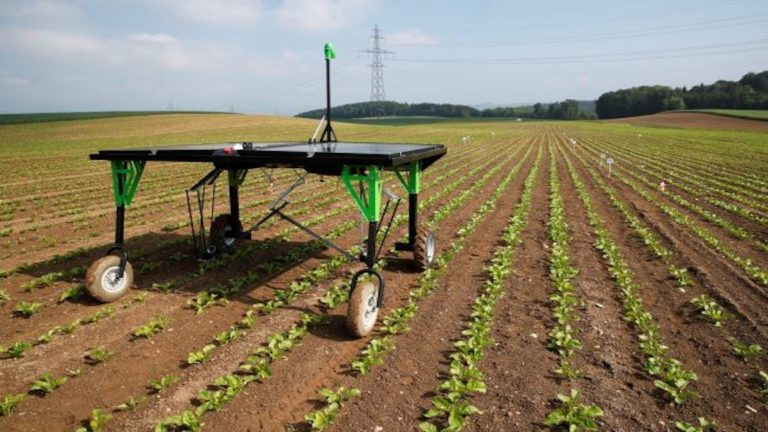
While some worry of the impending threat robots may have on humanity, some good news concerning artificial intelligence is here, and it may be the undoing of large agrochemical manufacturers. Soon a particular type of robot may become commonplace on farms, scouring crops for weeds and eliminating the need to spray large amounts of toxic herbicide on our food.
The Swiss startup, ecoRobotix, has developed a solar-powered, autonomous robot that combs through fields, detecting where weeds are growing, before directly delivering a micro-dose of herbicide to their roots. The bot can run on its own for 12 hours without emitting pollution and is easily transportable.
Current farming practices rely on universal herbicides, such as Monsanto’s Roundup and its genetically modified crops capable of withstanding Roundup. But these herbicides and GMOs have been proven to be highly toxic, despite their rampant use.
With these new robots, precise applications of herbicides can ensure that fewer toxins are being applied to crops while also saving farmers money. The company believes its technology could reduce the amount of herbicide farmers use by twentyfold.
The robot’s physical design is relatively simple: solar panels are mounted to wheels, with a camera, and arms on its undercarriage that extend to direct a swift, targeted spray of herbicide to individual plants. The company says this precision application leaves no herbicide on the crops themselves and preserves the life of the soil, while minimally impacting it from the lightweight design.
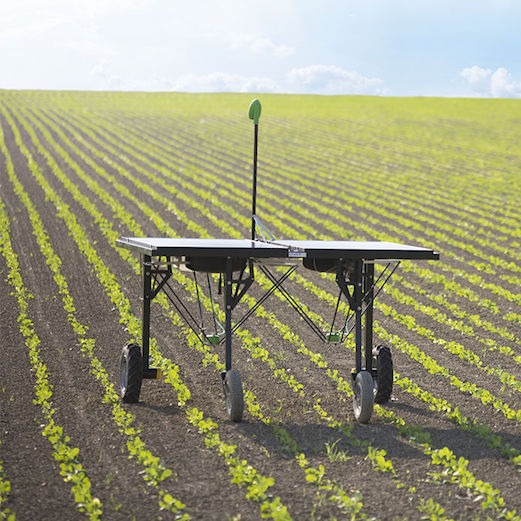
Farmers can control the robot from a smartphone, allowing them to redirect it to other areas where it can then work on its own. The company says their bot will even adapt its speed based on the number of weeds it detects.
There are other companies working on this technology other than ecoRobotix, including one bought by the John Deere tractor company. This type of technology threatens the exorbitant profits made by companies like Monsanto, Bayer, and DowDupont, who reap billions selling herbicides that are indiscriminately sprayed on crops worldwide.
Unsurprisingly, these major agrochemical companies are working to get their hands on this technology. Bayer says it’s not concerned with its business model of being a volume seller of herbicides, though its acquisition of Monsanto could make that model’s vulnerability more of a reality. The global market for herbicides is about $26 billion, of which Bayer and Monsanto earn 34 percent.
In the meantime, prototypes for these autonomous robots are still being fine-tuned, but ecoRobotix says it plans on having them ready for market by early next year. And for now, the robot revolution looks a little less ominous.
Scientists Just Inserted a Human Intelligence Gene Into Monkeys

A team of Chinese scientists recently inserted copies of a human gene believed to be associated with intelligence, into the brains of rhesus monkeys in an attempt to narrow the intellectual evolutionary gap. And according to their results, monkeys who were introduced to MCPH1 showed “remarkable” improvements in short-term memory.
The experiment sparked similar ethical concerns as when a Chinese scientist modified the genes of a human baby late last year, using CRISPR technology to give it HIV immunity.
But despite the dreadful image of an ape with near-human sentience, à la Cornelius from Planet of the Apes, the study arouses some interesting relevance to the ancient astronaut theory that humans may have been seeded by an advanced species from elsewhere in the cosmos.










